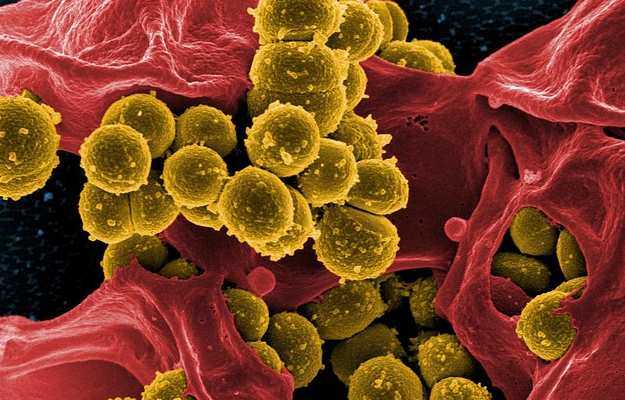What is Hyperkalaemia?
Hyperkalaemia is a common clinical condition that refers to abnormally high levels of potassium in the blood. Potassium is essential for nerve and muscle functioning of the body. Excessive potassium levels in the blood can lead to serious life-threatening complications.
What are its associated signs and symptoms?
Potassium levels above 5.5 mmol/L are indicative of hyperkalaemia.
This condition itself is usually asymptomatic and some of the symptoms observed in hyperkalemia are as a result of developing underlying medical conditions:
- Cardiac dysfunction manifested in the form of abnormal heart rhythms, palpitations
- Muscle dysfunction leading to muscle fatigue and weakness
- Paralysis
- Nausea
- Paraesthesia
What are its main causes?
- The most common causes of hyperkalaemia include
- Kidney dysfunction: Acute or chronic renal failure (Read more: Acute renal failure causes)
- Impairment in exchange of molecules in and out of cells all over the body
- Other causes can be
- Type 1 diabetes
- Dehydration
- Addison’s disease
- Severe injury or burn that leads to excessive rupture of blood cells
- Certain drugs, such as beta blockers and angiotensin-converting enzyme (ACE) inhibitors, are also linked with an increased risk of hyperkalaemia
How is it diagnosed and treated?
The diagnosis of hyperkalaemia is based on a number of investigations:
- Blood tests to assess potassium levels
- Electrocardiography (ECG) to assess cardiac conduction
- Kidney function test
- Urine test
- Neurological examination
The treatment is based on the severity and cause of hyperkalaemia.
Mild hyperkalaemia is managed with dietary modifications and alteration in medications.
Therapeutic measures are taken to shift potassium from extracellular to intracellular space. Medications include
- Calcium
- Insulin
- Albuterol
- Sodium bicarbonate prescribed as an adjuvant therapy in case of metabolic acidosis.
Acute hyperkalaemia will require intravenous calcium, glucose, or insulin therapy.
Continuous cardiac monitoring along with monitoring of vital signs is necessary.
Any underlying medical condition requires immediate attention.
Dialysis should be considered in case of kidney failure.

 OTC Medicines for Hyperkalemia
OTC Medicines for Hyperkalemia















